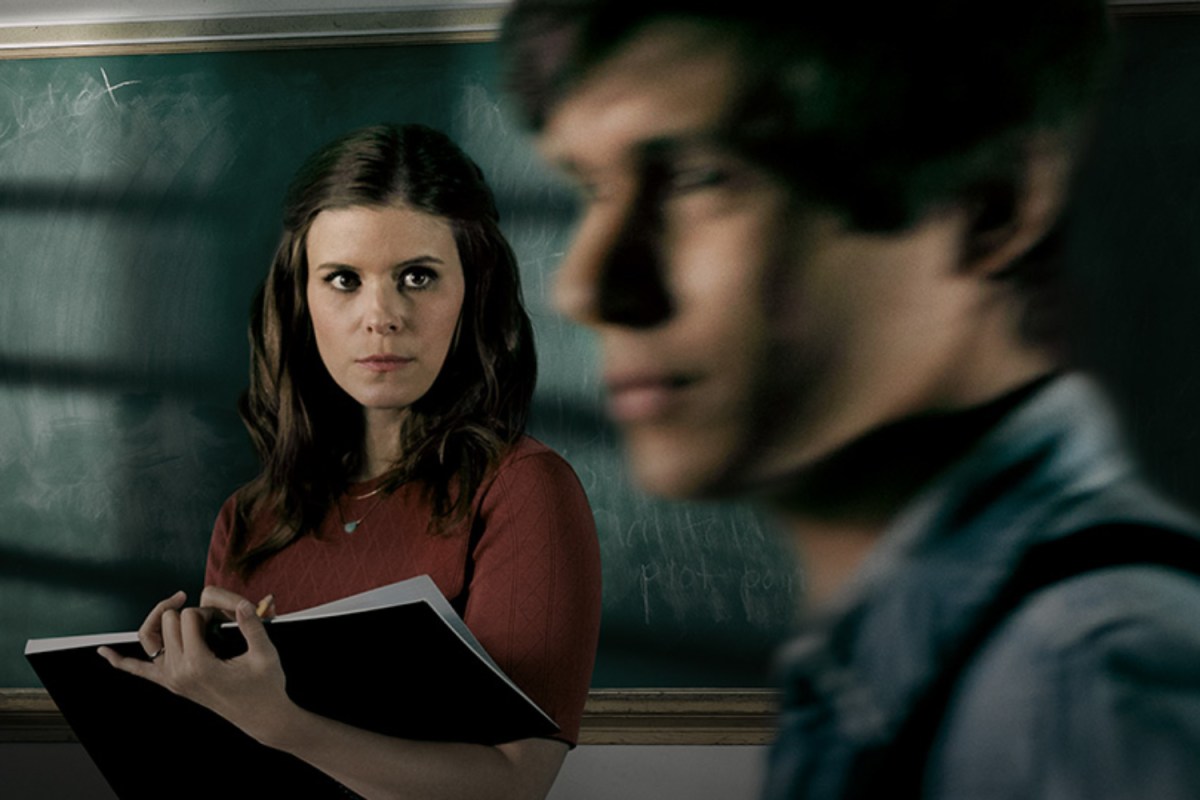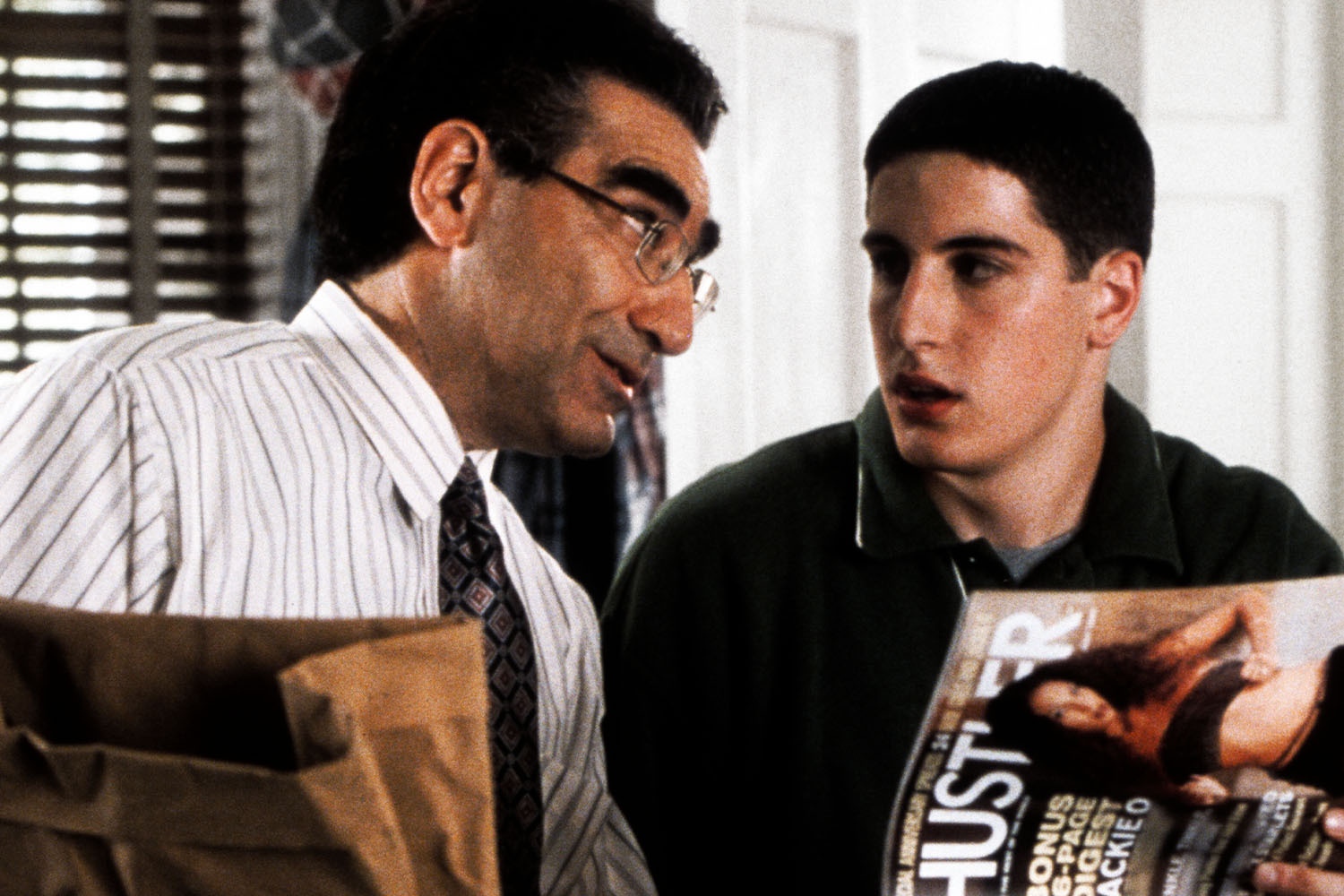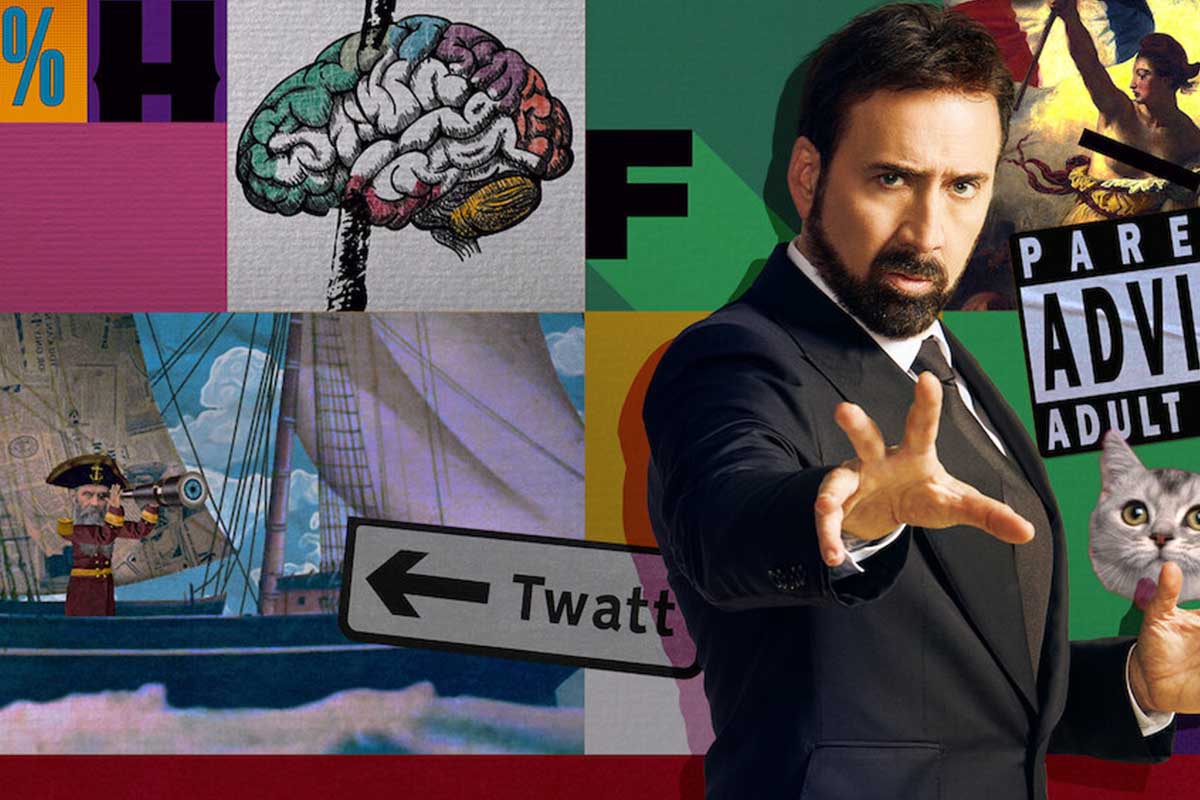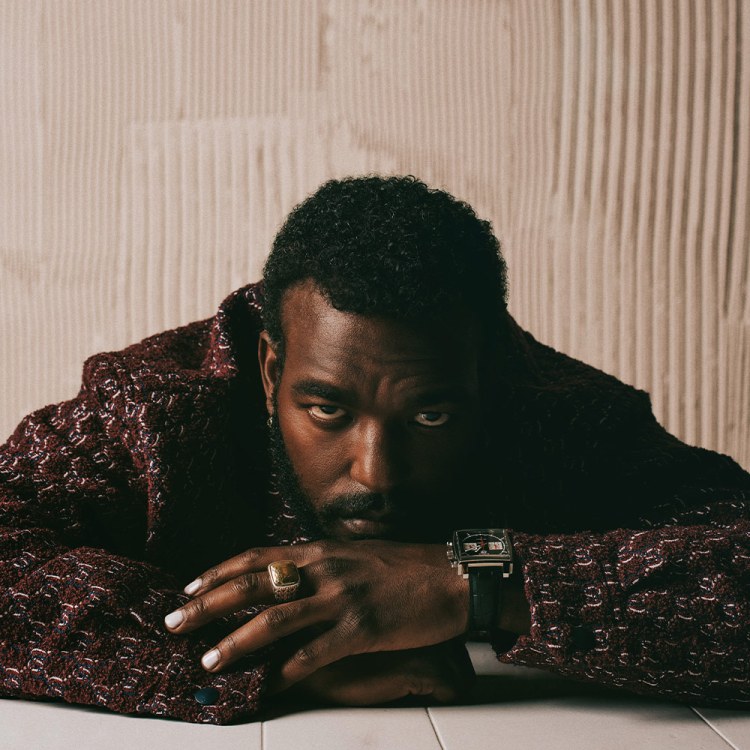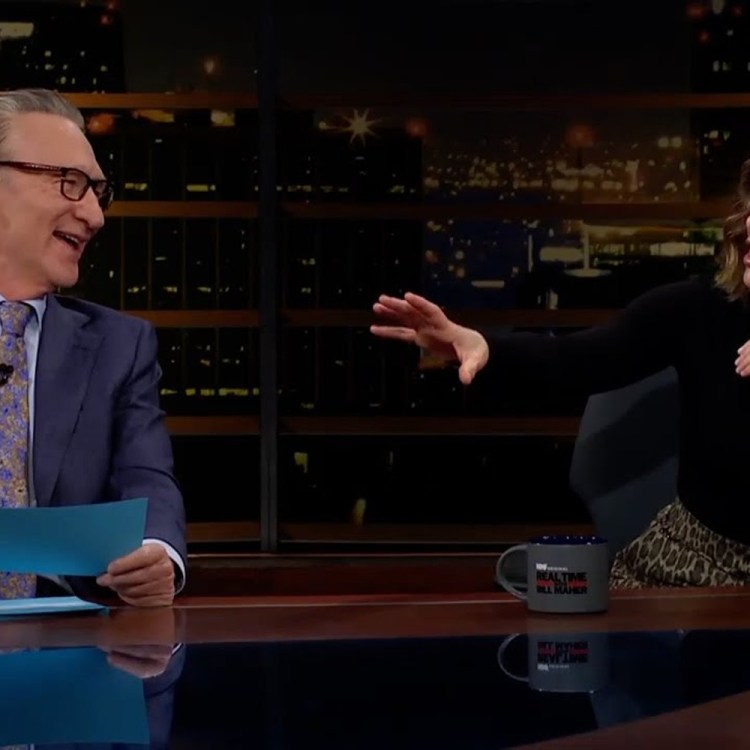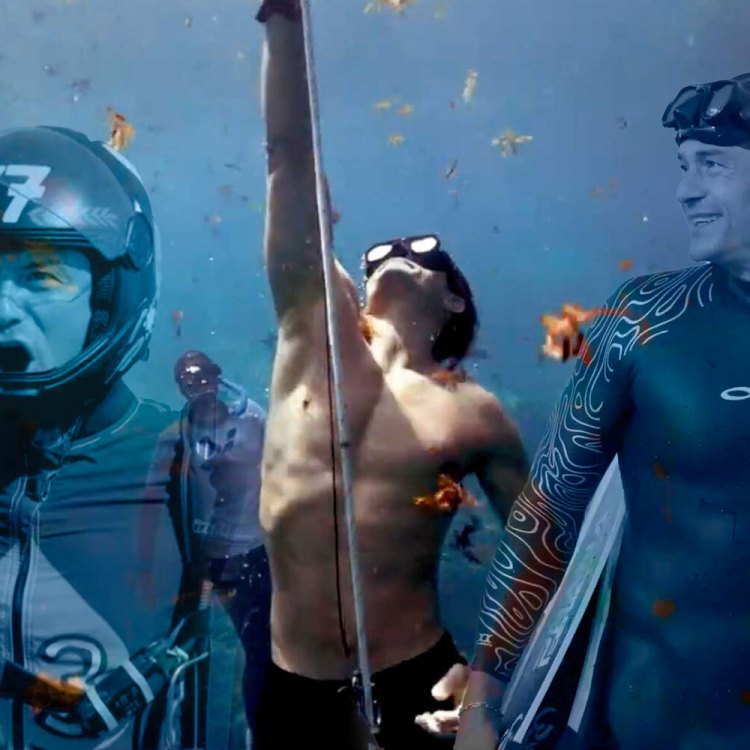Upon finishing a particularly enjoyable TV show, I, like any smooth-brained binge-watcher of the streaming era, typically weather an uncomfortable period of withdrawal in which I’m unable to begin a new show because all I want is to watch more of the exact same show but have it somehow be different or new again. Usually this isn’t possible, but with A Teacher, the popular Hulu drama series that aired its final episode last week, it kind of is. Hannah Fidell’s miniseries depicting an illicit affair between a high school teacher and her 17-year-old student is based on a 2013 film of the same name, also written by Fidell. And because Hulu knows we’re all a bunch of addicts, A Teacher (2013) is readily available for streaming on the same platform, hoping to reel in a new audience of viewers who just finished bingeing the 2020 redux.
What those viewers will find, however, is a surprisingly different telling of a familiar story. Yes, the 10-episode miniseries obviously has more room for additional characters, scenes and subplots than the original 75-minute film, and certain details are fundamentally changed between the two versions of the narrative. In the original film, the titular teacher is named Diana, while in the series she’s Claire; in the film, she’s a single woman living with a roommate, in the show, she’s married; the series shows the teacher/student relationship develop from the beginning, in the film, we’re dropped into the middle of an ongoing affair. But these more overt distinctions in plot and structure are ultimately less significant, and less jarring, than a seemingly more subtle divergence in the way each version of the story characterizes the male lead, Eric.
In the Hulu series, viewers meet Eric Walker as a handsome yet humble boy-next-door type, a devoted student and dutiful older brother. He’s obviously attractive, but he carries an understated level of maturity and humility that separates him from cockier members of his cohort. He comes off as the kind of guy whose aesthetic birthright has ordained him to the upper levels of the high-school social hierarchy, but you can imagine he might secretly be more comfortable among the nerds than the jocks. He’s the guy who sits with the cool kids at lunch but is also in all of your AP classes and doesn’t make you do all the work yourself when you’re partnered up for a group project.
The original 2013 version, however, finds Eric Walker’s shy smile swapped for Eric Tull’s arrogant smirk. We have much less access to his perspective and personal life than we get in the series, but the gist is that he’s an effortlessly confident cool kid who walks the halls with a smug swagger. He is harder to like, and a much less sympathetic character than his Hulu successor.
Compared to the innocent, besotted Eric of the TV series, Eric Tull also appears to take a much more dominant role in his relationship with the titular educator, both sexually and emotionally. While the Hulu series shows Claire instigating most stages of the affair, the tables are turned almost entirely in the original film. In this earlier version, Eric is almost always the instigator of the illicit rendezvous: he’s the one texting his teacher asking to meet up, he’s the one requesting explicit photos, and a romantic getaway to a secluded ranch appears to be his idea.
During sex, movie Eric is dominant, sometimes bordering on aggressive. He orders Diana to take her clothes off, solicits road head with a sly, “You know you want to,” and, unlike TV Eric, he is almost always on top. At one point, he even tries to coerce Diana into sex after she attempts to break off the affair. “I don’t want to do this right now,” she tells him. “Well I do,” he responds, not taking his hands off her body. Throughout nearly all of their interactions, it’s clear that Eric, relentlessly cool and often dismissive, has the upper hand. Diana may be the teacher, but she seems to be the one with a schoolgirl crush.
Eric’s apparent dominance in the film further complicates the already nuanced power dynamics at play in the all-too-familiar “hot for teacher” narrative. As a society, we already struggle to recognize men as victims of abuse, particularly when that abuse is at the hands of a woman, and especially when that abuse is sexual in nature. In a patriarchal culture in which men have traditionally taken the role of the sexual aggressor, it’s difficult to acknowledge when roles are reversed and the woman becomes the exploiter of power — even more so if the male victim appears to exercise some control over the relationship.
Seven years later, however, the film’s post-Me Too revival makes it easier to see Eric as a victim, and his teacher as an aggressor. In addition to granting more screen time to Eric’s individual perspective and extending the narrative timeline to explore the aftermath of the abuse, the miniseries also softens Eric’s character, putting him in a more submissive role. In the series, Claire is the one initiating their encounters, sending unsolicited nudes and planning secret getaways. The first time they have sex, she lures him out of a school dance and straddles him in the backseat of her car. The final scene of the original film finds Diana crying in a motel room; we never see Eric’s pain at all. At the end of the miniseries, however, Eric confronts his abuser 10 years later, forcing her to acknowledge that he will never fully recover from the exploitation he endured at her hands.
The result is, in some ways, a safer, more responsible approach to an abuse narrative in the post-Me Too era. The miniseries gives necessary voice and perspective to the victim that the original film lacked, and manages to heighten Eric’s vulnerability without turning the teacher into an archetypal villain. Throughout both versions, her character remains a somewhat sympathetic one — a critical if controversial choice that maintains the nuance on which the integrity of these stories depends.
In short, the miniseries takes it easy on us; it lets us walk away with the comfort that we’ve come to the “right” conclusions, that our final takeaway is the morally correct one. By the end of the final episode, we know an undeniable abuse of power has taken place, and while we may sympathize with Claire, it’s clear that Eric is the real victim. The original film is less comfortable, and maybe that’s the point. An indie film rather than a buzzy Hulu drama, the 2013 version is perhaps intentionally more challenging, bringing us face to face with complex power dynamics and refusing to hold our hand through the grey areas. While A Teacher (2020) paints a clear picture, A Teacher (2013) forces us to grapple with the reality that an abuse of power is still an abuse of power, even when it doesn’t look like one.
This article was featured in the InsideHook newsletter. Sign up now.
